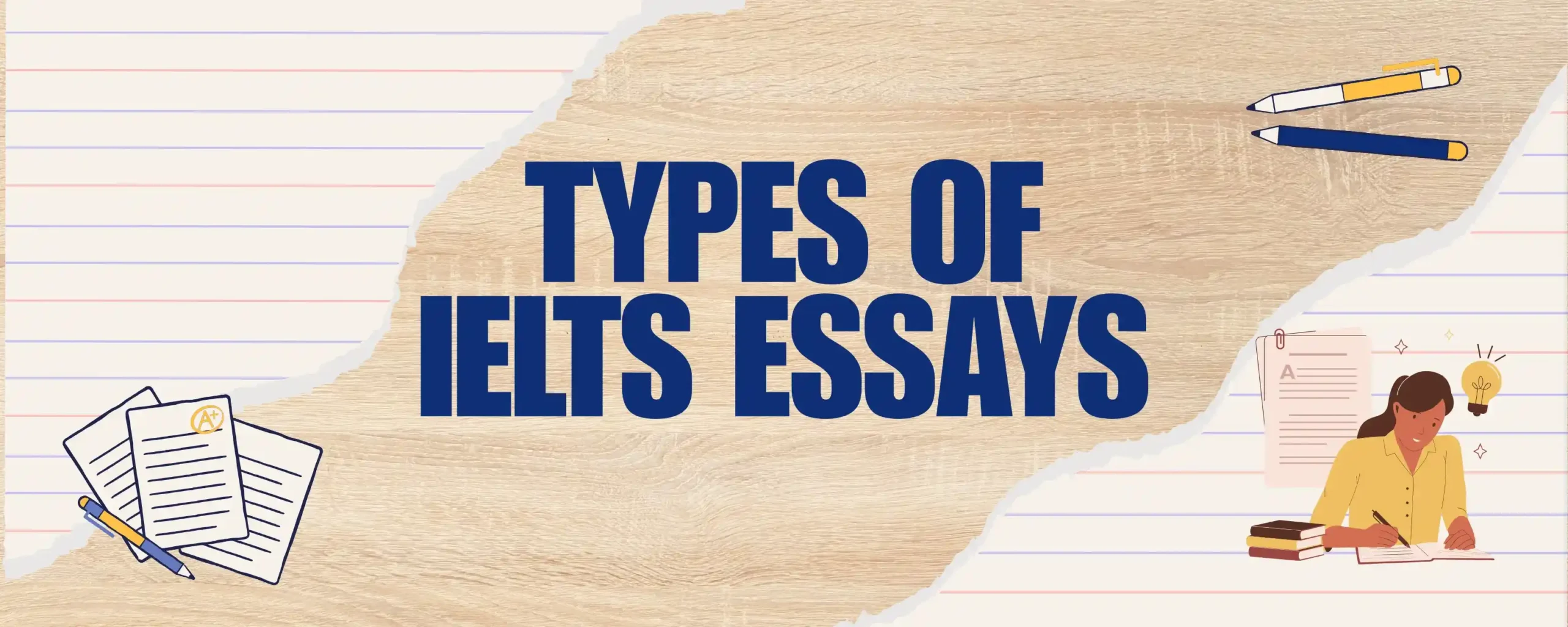When preparing for the IELTS Speaking test, one of the biggest concerns students face is pronunciation accuracy. The Speaking section syllabus is a face-to-face, informal discussion with an examiner, designed to assess your pronunciation, fluency, grammar, and vocabulary. Since pronunciation accounts for 25% of your score, even minor mispronunciations, like mixing up “sit” and “seat” can confuse the examiner. You might have an impressive vocabulary and flawless grammar, but if the examiner struggles to understand you, you’re at risk of getting a lower score.
Clear pronunciation not only enhances comprehension but also makes your speech sound confident and natural. Despite its importance, many students overlook pronunciation in their IELTS preparation. So how can you actively improve it? In this guide, we’ll walk you through 7 practical and powerful tips to sharpen your pronunciation, helping you sound more natural and confident.
Tip 1: Use the Shadowing Technique
Ever wished you could speak like a native speaker? The shadowing technique helps you do that. It involves listening to native speech and repeating it at the same time while mimicking tone, rhythm, and intonation. This will make your speech sound more natural and improve your pronunciation and fluency. The whole point of practicing shadowing technique is making improving your speech fun.
How to practice:
- Use TED Talks, podcasts, or IELTS Speaking samples.
- Play a short sentence, pause, and repeat it aloud.
- Focus on matching the pace and stress of the native speaker.
- Gradually, try simultaneous repetition without pausing
Tip 2: Focus on Word Stress and Sentence Stress
English is a stress-timed language. This means that certain syllables or words are pronounced with more emphasis (stress), while others are pronounced much weaker and quicker.
Stressing the wrong syllable can make your speech unclear or confusing. For instance:
- PRE-sent (noun) ➝ a gift
- pre-SENT (verb) ➝ to give or show
In sentences, stressed words can change the meaning of sentences.
- “I NEVER said she stole the money.” (emphasis on never = denial)
- “I never said SHE stole the money.” (emphasis on she = implying someone else did)
Correct stress boosts clarity and comprehension, helping you sound more polished. Therefore, when learning new words, remember to focus on where the emphasis is placed and not just the individual sounds. In dictionaries, the stress (little ˈ mark) and pronunciation will be shown. Ex: culture/ˈkʌltʃə/ [kuhl-chuh]. You can also use transcripts from IELTS Speaking samples and underline stressed syllables or words to practice 2 things at the same time! Practice with contrasting stress patterns – DEsert (noun) vs. deSERT (verb)
Tip 3: Record and Analyze Yourself
Do you know how you sound when speaking English? Most learners don’t. Recording yourself allows you to spot flaws in pronunciation, intonation and pace. Analyzing yourself is also one of the most effective ways to improve pronunciation.
How to practice:
- Choose IELTS Speaking prompts or a video of someone whose way of speaking you like.
- Open a recording app on your phone or computer and start recording your answer.
- Stop the recording and listen back to it carefully for mispronunciations or awkward pauses.
- Also pay close attention to rhythm, pace, stress, and intonation and make a note of any mistakes or problems.
- You can use speech analysis apps to receive real-time feedback or do self-analysis to build awareness and for targeted improvement.
Tip 4: Learn the Phonetic Alphabet for English
Pronunciation in English can be tricky, especially when the same letter combinations sound different in various words. This is where the International Phonetic Alphabet (IPA) comes to help. The IPA is a system that represents every sound in the English language with a unique symbol, making it easier to understand and replicate correct pronunciation.
For instance, consider the words “ship” (/ʃɪp/) and “sheep” (/ʃiːp/) or “bad” (bæd) and “bed” (bɛd). Although they look similar, the vowel sounds are different. Learning IPA symbols will not only help you spot and practice these subtle variations, but will also build a deeper understanding of how each sound is produced in the mouth and throat.
How to practice:
- Use online tools and resources such as IPA charts to learn common symbols.
- Look up words in a dictionary with IPA transcriptions.
- Try out mobile apps like Sounds: The Pronunciation App.
- Practice pronouncing words using their phonetic spelling.
Tip 5: Practice Linking Words and Connected Speech
A lot of pronunciation work is about “unlearning” what you may be learnt at school. In fast, connected speech lots of sounds disappear.
For example: You don’t need to strongly sound the ‘r’ in words like “learn” as it is dropped in most UK accents.
Most of the native speakers have a connected speech—the way naturally words link together. Instead of clearly pronouncing each word separately, they often blend sounds or drop certain letters, making their speech smooth and effortless.
For example:
“I want to go” ➝ “I wanna go”
“I am going to leave” ➝ “I’m gonna leave”
“I should not have gone” ➝ “I shouldn’t ha gone”
When you speak ‘naturally’ you often lose sounds as they come together:
If you feel confident, don’t be afraid to use these forms in the Speaking Test. Some people say that this is too ‘informal’ for an IELTS Exam. They’re wrong. It makes you sound fluent, relaxed and natural and less robotic. They are simply examples of connected speech, which is another important pronunciation feature.
How to practice:
- Listen for word linking in native conversations.
- Practice speaking phrases with connected speech.
- Use tongue twisters to refine your fluency.
Tip 6: Improve Your Mouth Position and Articulation
The way you position your tongue, lips, and jaw directly impacts your pronunciation. In the IELTS Speaking test, clear articulation can make a huge difference. Many test-takers struggle with tricky sounds, but adjusting your mouth movements can help you pronounce them correctly, clearly and confidently.
For example: The “th” sound in “think” requires placing the tip of your tongue between your teeth. But a lot of people say ‘I fink’ (teeth on lips!) or ‘I sink’ (teeth together, no tongue!).
How to practice:
- Try articulation exercises like tongue twisters or consonant clusters.
- Use a mirror to observe your facial expressions and mouth movements.
- Record yourself speaking and compare it with a native speaker’s pronunciation.
Understanding the complete IELTS Exam Syllabus is crucial for planning an effective preparation strategy and achieving your target score.
Tip 7: Get Feedback from a Language Expert
There are high chances that you overlook subtle pronunciation errors. But with expert guidance you can identify and improve even minor mistakes in intonation, stress, or articulation.
How to practice:
- Consider taking lessons with a language tutor who can provide personalized guidance and correct your pronunciation errors.
- Joining language meetup groups or conversation clubs gives you the opportunity to practice speaking with others and receive feedback in a supportive environment.
- Taking practice speaking tests and mock IELTS Speaking exams simulates the real test environment and prepares you for the actual assessment.
Conclusion
Pronunciation is something that takes time to change. This isn’t something you can fix with only a couple of weeks before your test. It is a journey that requires dedication and practice. So, try to incorporate these tips into your language learning routine to develop a more natural and accurate accent. As the saying goes, practice makes perfect, so with plenty of practice you will be well on your way to getting the band score you need in your IELTS Speaking test.
Frequently Asked Questions
1. How to Improve Pronunciation in IELTS?
Ans: Improving your pronunciation for the IELTS Speaking test requires consistent practice and targeted techniques. Here’s how you can enhance your skills:
- Use the Shadowing Technique: Imitate native speakers’ tone, rhythm, and intonation by repeating after them.
- Master Word Stress and Sentence Stress: Emphasize key syllables and important words to sound clear and natural.
- Practice Connected Speech: Link words together like native speakers (e.g., “going to” ➝ “gonna”) for a smoother flow.
- Get Feedback from Experts: Join mock IELTS Speaking tests or work with IELTS coaches to correct subtle pronunciation errors.
- Record Yourself: Listen to your own speech and identify areas needing improvement.
2. How to Get 7 in IELTS Speaking?
Ans: Scoring a band 7 in IELTS Speaking requires a combination of fluency, accuracy, and confidence. Here’s how to achieve it:
- Speak Fluently and Clearly: Avoid long pauses and use fillers like “um” or “uh” sparingly.
- Use a Wide Range of Vocabulary: Show flexibility with synonyms and expressions.





